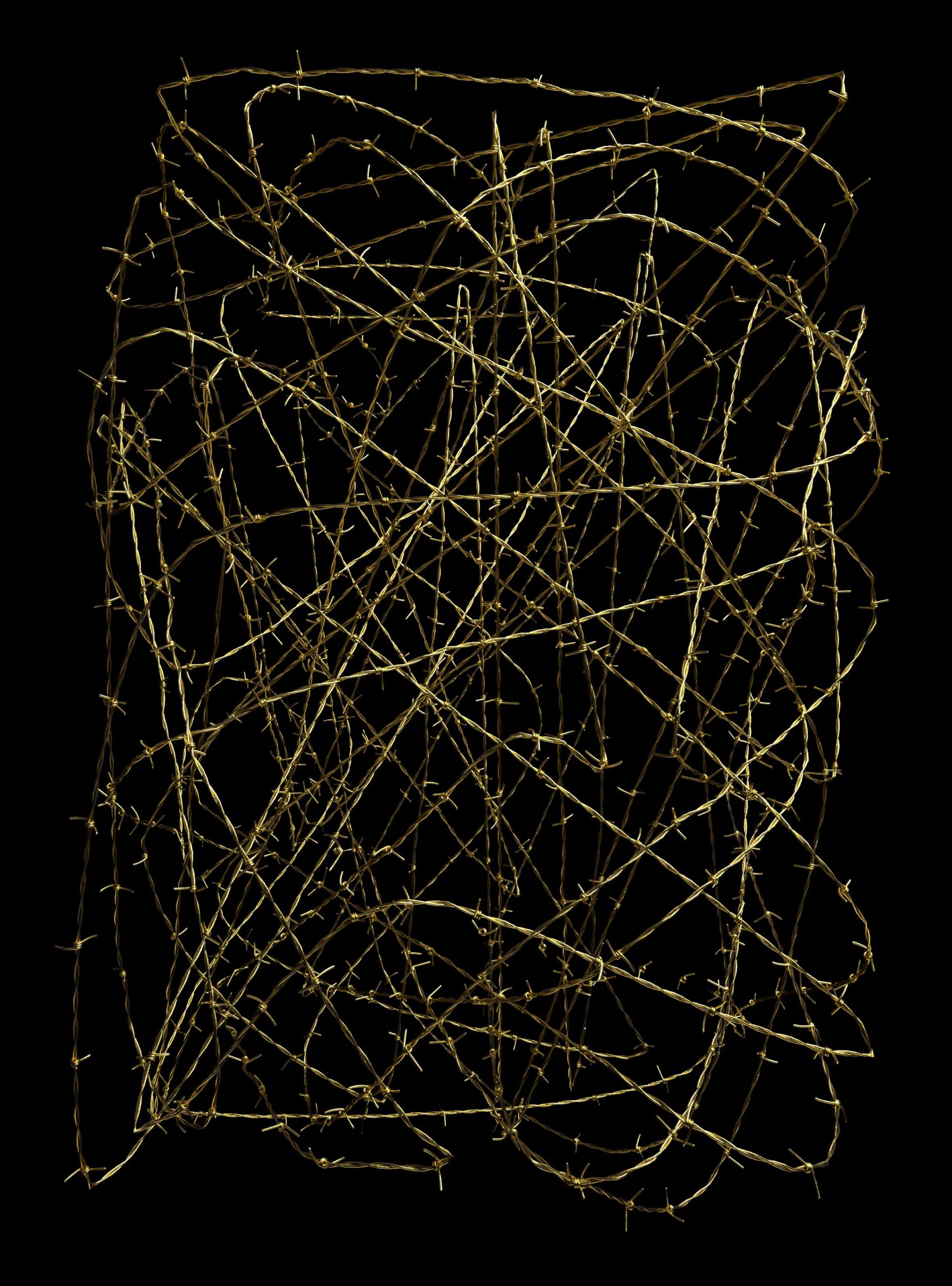We are in the midst of authoritarianism’s third wave. The first and second — roughly 1926-1942 and 1961-1977 — featured sudden and emphatic transitions away from democracy that were the results of foreign invasion, military coups or “autogolpe,” where a chief executive comes to rule by legal means and then abolishes democratic institutions like parliaments. By contrast, a subtler and slower process of democratic erosion is the hallmark of authoritarianism’s third wave.
In this wave, leaders who have come to power through elections whittle away at democratic rules and norms. These would-be authoritarians have largely been successful in the effort to confuse, distract and sow uncertainty among the public. They clamp down on the independent media and constrain civil society while promoting state-controlled media and “zombie” non-governmental organizations that mimic true civil society groups but actually do the government’s bidding.
Part of the appeal of these regimes is that they are or can appear to be extremely effective at certain aspects of governance. Indeed, what brought authoritarian-leaning leaders such as Brazil’s Jair Bolsonaro, Hungary’s Viktor Orbán, India’s Narendra Modi, the Philippines’ Rodrigo Duterte and Turkey’s Recep Tayyip Erdoğan to power in the first place was the promise of resurrected national pride as well as decisive and effective responses to problems like anemic economic growth and pervasive crime and corruption.
“These regimes at the vanguard of the anti-democratic third wave are a potent adversary for the U.S. and its democratic allies.”
Many modern authoritarian regimes are quite open with respect to global interchange: They excel at plugging into it in selective ways to access the advantages of global connectivity while still protecting their core domestic prerogatives. Examples include the oil-producing nations of the Persian Gulf as well as the manufacturing centers of East and Southeast Asia, whose remarkable prosperity has relied on close economic ties with the rest of the globe. As a result of this connectedness, these countries are also able to observe the sometimes haphazard policy experimentation of democratic countries and choose to instead leapfrog ahead to apply the most appropriate solutions available to remedy social and economic ills.
Why, then, not live and let live? These regimes at the vanguard of the anti-democratic third wave are a potent adversary for the U.S. and its democratic allies. Economically, the best performers in the group — including China, India and Turkey — have surpassed global growth averages over the decade since the global financial crisis. They have proven strategic in responding politically to the surge of human fear and prejudice we are witnessing in unstable global times. Orbán, for example, has tightened his grip on power in Hungary by keeping his rhetoric on the supposed immigrant “threat” at a boiling point. Similarly, Modi’s government has doubled down on its Hindutva nationalist ideology, betting that it is a winning political strategy in today’s India.
And most significantly, these regimes are outrunning democracies in terms of how well they adapt to an evolving, often uncertain global environment in ways that enhance their levers of domestic control and enable them to pursue relative gains in the international system. For example, in Saudi Arabia, Crown Prince Mohammed bin Salman has paired his dramatic crackdown on domestic political opponents with a revisionist geopolitical strategy that has reshaped the Middle East.

“If democracies around the world can find ways to develop innovative approaches in the service of solving global challenges, they will reclaim their global adaptive edge.”
Countering the third wave of authoritarianism is a national security imperative for at least two sets of reasons. First, it raises the risks of global conflict. One of the ways our chief adversaries exert their geopolitical influence is by serving as petri dishes of autocratic experimentation and incubation at home and then spreading the most successful strategies abroad. This includes exporting techniques that are high-tech, such as digital surveillance platforms, as well as low-tech, such as ways of closing down civic space. In addition, highly personalized authoritarian regimes, unconstrained by domestic criticism, are more likely to be unpredictable partners and even more likely to initiate military conflict. Under Vladimir Putin, Russia runs the gamut of all of these tactics, from spreading digital spyware to other autocrats to the 2014 annexation of Crimea and the continued expansionary threat toward Ukraine.
To push back, it is critical for the U.S. and its core allies to commit to strengthening democracy at home and, in turn, to renewing the appeal of the democratic model. This must include safeguarding the rule of law, independent media and free and fair elections, which will, in turn, require a concerted attempt to combat the willful spread of misinformation. And it must also entail efforts to improve economic inclusiveness both as an end in itself and also as a means to renew the social contract between democratic governments and their citizens.
Second, today’s authoritarian wave diminishes the potential for broad global cooperation on pressing contemporary issues. Transnational challenges such as climate change, pandemic disease, migration and inequality — all so vivid in today’s world — can only be properly tackled by different forms of international comity. The initial reluctance of modern authoritarian regimes such as Iran and China to transparently report on the emergence of COVID-19 infections and fatalities in their countries compromised the early international response to the pandemic. Progress on such global existential fronts will require like-minded states sharing credible information with their populations and each other in the service of working together on collective goals.
“These regimes are outrunning democracies in terms of how well they adapt to an evolving, often uncertain global environment.”
If democracies around the world can find ways to develop innovative approaches in the service of solving global challenges, they will reclaim their global adaptive edge. Older, more established democracies may still have the greatest convening power, but some of the most promising global governance ideas may emerge from newer major democracies with important regional positions — Indonesia, Mexico and Nigeria for example.
Democracy is also worth defending as a humanist — and, to an extent, pluralist — idea, one that expresses the right of societies to choose for themselves, time and again, how they are governed. Even in the growing number of countries where they have elected would-be autocrats into power themselves — including in the U.S., where President Donald Trump has expressed admiration for strongmen overseas and attempted to imitate their practices — people everywhere deserve a just and legitimate government instead of being deliberately misinformed, lulled into disengagement and gradually denuded of their rights.
The countries that make up authoritarianism’s third wave are still, by and large, considerably more free than their historical ilk. This could mean that the authoritarian tide has yet to roll all the way in. But it could also mean that today’s authoritarian wave is more tenuous and can itself be reversed, leaving some hope for those worried about just how far democracy’s tide could ebb.





